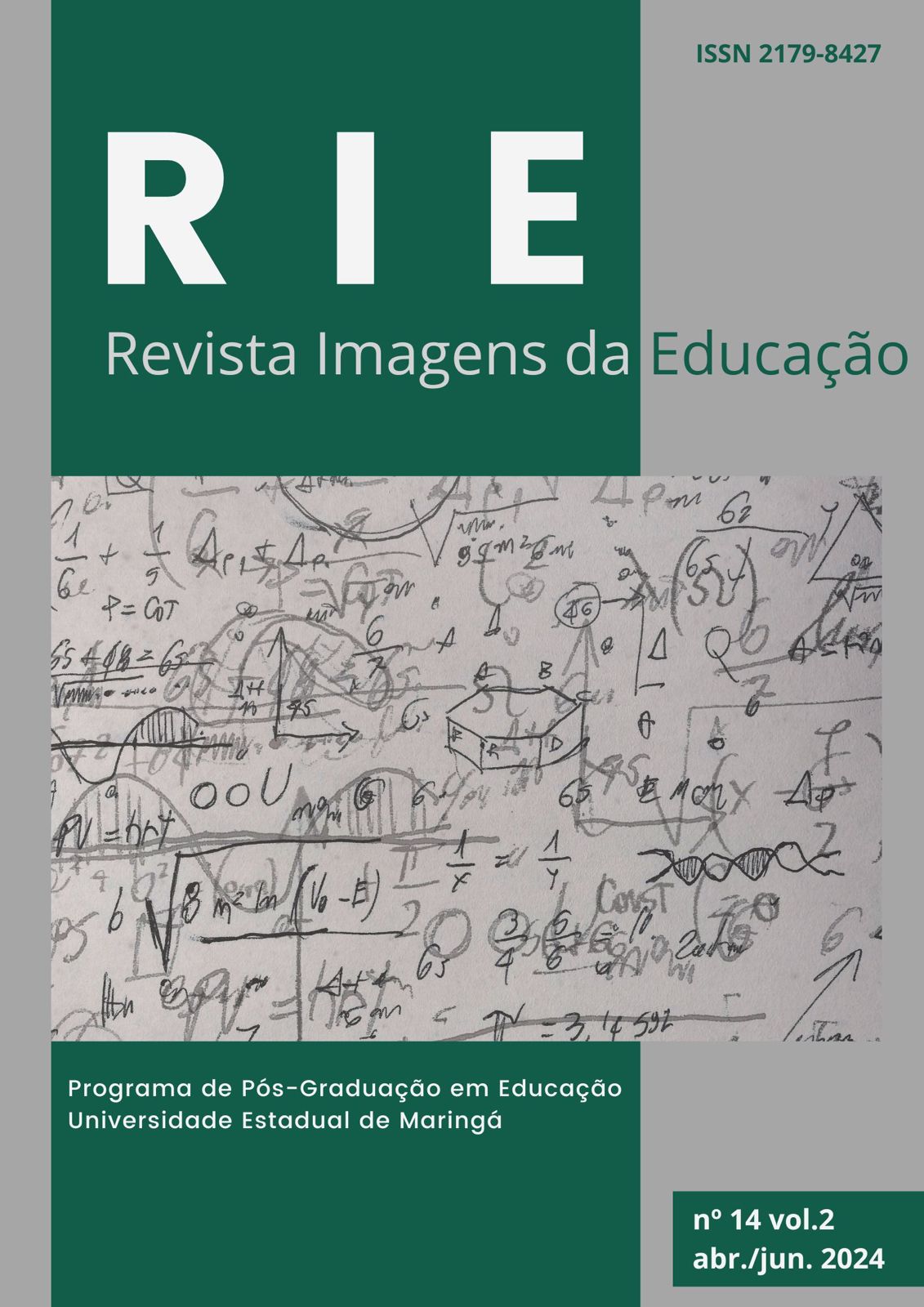THE USE OF INTERVIEWS IN RESEARCH ON BELIEFS IN THE TEACHING-LEARNING OF LANGUAGES DURING INITIAL TEACHER EDUCATION
Abstract
We investigated the use of interviews as an instrument to produce data in studies about beliefs in the teaching and learning of foreign languages during the initial teacher education of student teachers in bachelor's of education degrees with a major in a foreign language. We intended to assist the process of conducting interviews related to this topic. We conducted bibliographic research and reported our experience in preparing and applying the tool. We used as theoretical framework authors such as Manzini (2003), Gerhardt et al. (2009), and Edwards and Holland (2013), among others. Five questions guided our investigation: 1) What are the advantages of using interviews in research on beliefs? 2) What are the disadvantages of using interviews in research on beliefs? 3) What type(s) of interviews is/are more appropriate for research on beliefs? 4) How should interviews be planned for research on beliefs? 5) How can we conduct interviews in research on beliefs? The results indicated that interviews could successfully be used in investigations about the subject through proper planning and use of the instrument. It is a complex task that demands effort and attention from researchers.
Downloads
References
Author, 2018. [Reference hidden to ensure text anonymity]
Barcelos, A. M. F. (2001). Metodologia de pesquisa das crenças sobre a aprendizagem de línguas: estado da arte. Revista Brasileira de Linguística Aplicada, 1 (1), 71-92.
Boni, V. & Quaresma, S. J. (2005). Aprendendo a entrevistar: como fazer entrevistas em Ciências Sociais. Em tese: Revista Eletrônica dos Pós-Graduandos em Sociologia Política da UFSC, 2(1), 68-80.
Dicicco-Bloom, B. & Crabtree, B. F. (2006). The qualitative research interview. Medical Education, 40(4), 314–321.
Edwards, E. & Holland, J. (2013). What is qualitative interview. London: Bloomsbury.
Gerhardt, T. E. et al. (2009). Unidade 4 – Estrutura do projeto de pesquisa. In Gerhardt, T. E. & Silveira, D. T. (orgs.). Métodos de pesquisa (p. 65-88). Porto Alegre: Editora da UFRGS.
Gill, P. et al. (2008). Methods of data collection in qualitative research: interviews and focus groups. British Dental Journal, 204(6), 291-295.
Haguette, T. M. F. (1997). Metodologias qualitativas na Sociologia. 5ª edição. Petrópolis: Vozes.
Manzini, E. J. (2003). Considerações sobre a elaboração de roteiro para entrevista semi-estruturada. In Marquezine, M. C., Almeida, M. A. & Omote, S. (Orgs.) Colóquios sobre pesquisa em Educação Especial (p. 11-25). Londrina: eduel.
Manzini, E. J. (1990/1991). A entrevista na pesquisa social. Didática, São Paulo, 26(27), 149-158.
Moriarty, J. (2011). Qualitative methods overview. London: NIHR School for Social Care Research.
Pavan, C. A. G. (2012). Por inteiro e por extenso: o processo real de formação inicial de professores de línguas (Dissertação de Mestrado). Universidade de Brasília, Brasília.
Stewart, C. J. & Cash Junior, W. B. (2015). Técnicas de entrevista: estruturação e dinâmica para entrevistados e entrevistadores. 14ª ed. Porto Alegre: McGraw-Hill.
Triviños, A. N. S. (1987). Introdução à pesquisa em ciências sociais: a pesquisa qualitativa em educação. São Paulo: Atlas.
Copyright (c) 2024 Imagens da Educação

This work is licensed under a Creative Commons Attribution-NonCommercial-NoDerivatives 4.0 International License.
DECLARATION OF ORIGINALITY AND CESSATION OF COPYRIGHT
I Declare that current article is original and has not been submitted for publication, in part or in whole, to any other national or international journal. I also declare that once published in the Imagens da Educação, a publication of the IES (UEM, UEL, UFSM, Univali, Unioeste and UEPG), it will not be submitted by me or by any co-author to any other journal. In my name and in the name of co-authors, I shall cede the copyright of the above mentioned article to the Universidade Estadual de Maringá and I declare that I know that the non-observance of this norm may make me liable for the penalties contemplated in the Law for the Protection of Authors' Rights (Act 9609 of the 19th February 1998).















1.png)

